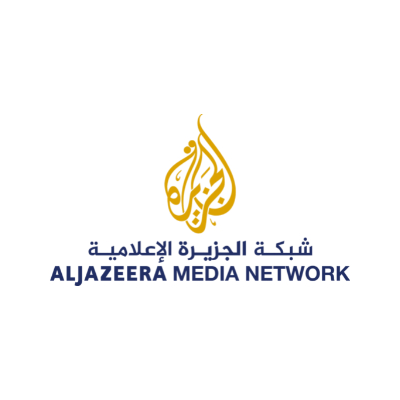 Al Jazeera Article Rating
Al Jazeera Article RatingSaudi-US military ties continue despite rights reset
- Bias Rating
-54% Medium Liberal
- Reliability
N/AN/A
- Policy Leaning
60% Medium Conservative
- Politician Portrayal
30% Negative
Continue For Free
Create your free account to see the in-depth bias analytics and more.
Continue
Continue
By creating an account, you agree to our Terms and Privacy Policy, and subscribe to email updates. Already a member: Log inBias Score Analysis
The A.I. bias rating includes policy and politician portrayal leanings based on the author’s tone found in the article using machine learning. Bias scores are on a scale of -100% to 100% with higher negative scores being more liberal and higher positive scores being more conservative, and 0% being neutral.
Sentiments
N/A
- Liberal
- Conservative
| Sentence | Sentiment | Bias |
|---|---|---|
Unlock this feature by upgrading to the Pro plan. | ||
Reliability Score Analysis
Policy Leaning Analysis
Politician Portrayal Analysis
Bias Meter
Extremely
Liberal
Very
Liberal
Moderately
Liberal
Somewhat Liberal
Center
Somewhat Conservative
Moderately
Conservative
Very
Conservative
Extremely
Conservative
-100%
Liberal
100%
Conservative

Contributing sentiments towards policy:
58% : This is all the more important since Saudi Arabia's recent talks with Iran are of particular interest to the region.49% : "A range of track II processes have been ongoing for years, seeking to improve relations, but the apparent US withdrawal has seemingly prompted the kingdom to realise that it needs to have a regional security agreement comprised of those states in the region, a point long argued by Iran."
47% : Analysts say Washington's retreat has reinforced the idea that, while both Saudi Arabia and Iran aspire to leadership over both the region and the Islamic world, there is a general acceptance that hegemony is not possible.
46% : "The current situation has prompted Saudi Arabia to engage in diplomatic talks with its long-time rival Iran and to reflect on alternative sources of security beyond its traditional partners," Mabon noted.
43% : "The talks between Saudi Arabia and Iran are driven by pragmatism.
38% : The Abraham Accords was an attempt to recalibrate regional order against Iran in the face of a possible US withdrawal, but Saudi Arabia's lack of formal involvement in this agreement highlights structural impediments the kingdom still faces.
35% : Both Riyadh and Tehran face financial pressures at home, and costly adventures across the region are not as palatable as they once may have been, particularly in Iran," said Mabon.
*Our bias meter rating uses data science including sentiment analysis, machine learning and our proprietary algorithm for determining biases in news articles. Bias scores are on a scale of -100% to 100% with higher negative scores being more liberal and higher positive scores being more conservative, and 0% being neutral. The rating is an independent analysis and is not affiliated nor sponsored by the news source or any other organization.





















